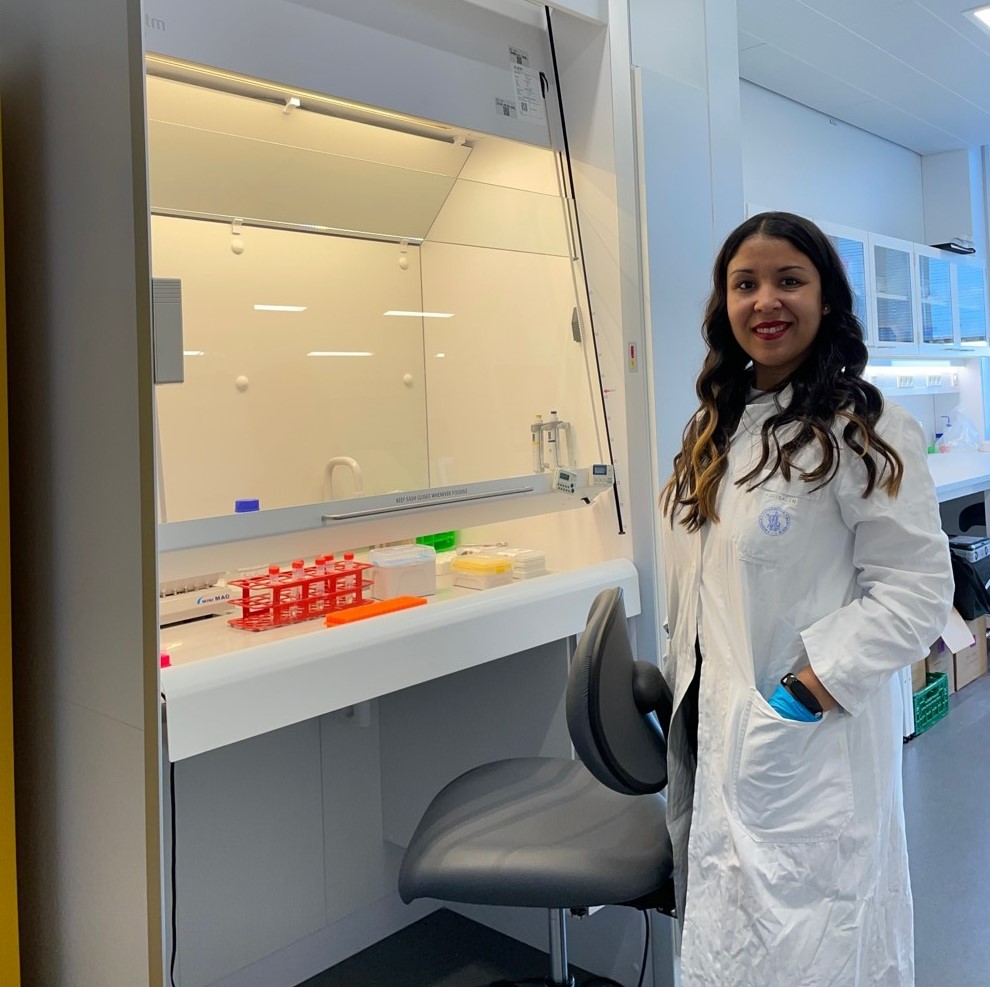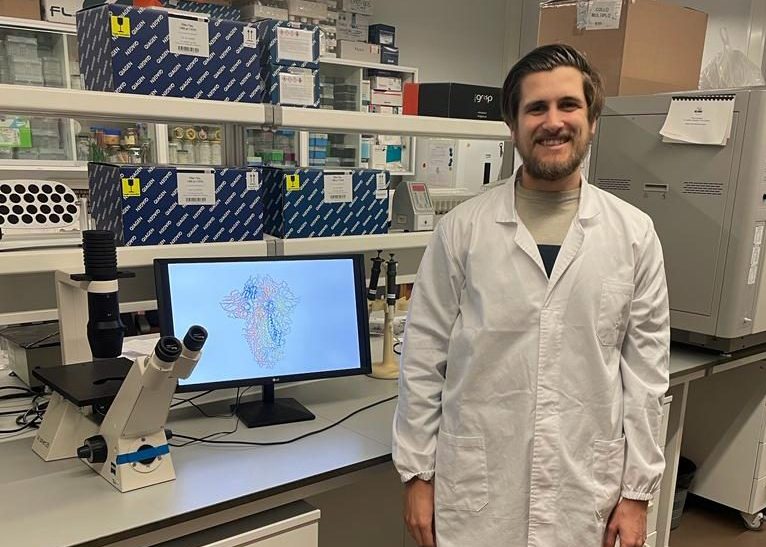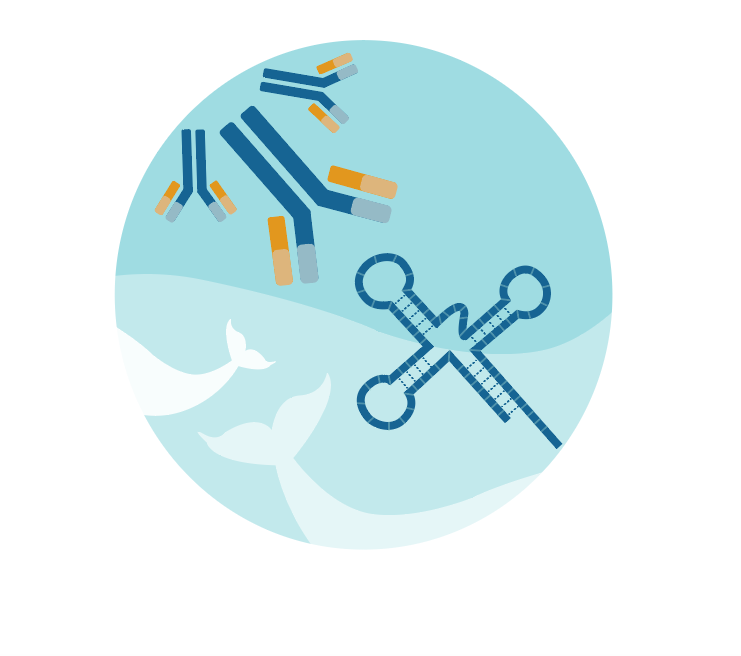‘AIRCOV: SARS-CoV-2 presence and infectivity on indoor air samples’ is the title of the project, developed in partnership with specialists in environmental virology from the Norwegian University of Life Sciences (Oslo, Norway), which will allow the PhD student not only travel to the Scandinavian country, but also continue the work in Portugal, benefiting from the knowledge acquired from the partner team
Airborne transmission of SARS-CoV-2 is one of the main routes of contagion, particularly in indoor environments without adequate ventilation. According to Priscilla Gomes da Silva, “detecting the SARS-CoV-2 virus is not difficult, but identifying whether it is capable of replicating, whether it can still infect or not, requires prior experience in the subject”. In addition, the study on air samples is complex, since “the presence of the virus is low and the process of collecting and concentrating the sample can make the virus unviable and give rise to erroneous results”, stresses the student.
This opportunity will benefit both countries. On the one hand, Priscilla Gomes da Silva will show to the Norwegian colleagues how air collections should be carried out and, on the other hand, the student will learn how to analyse the viability of the virus “through molecular biology techniques without needing to replicate the virus in cells or animals, that is, quickly and avoiding the use of biosafety facilities”.
The final objective of the project is to develop and publish a methodology that allows identifying the virus and its viability in the air and thus making it possible that, in the future, others can rely on a protocol to carry out this detection in a standardized way.
The EEA Grants are a multi-annual financial mechanism through which Iceland, Liechtenstein and Norway financially support European Union member states, including Portugal, with the aim of reducing social and economic disparities in Europe, and strengthening bilateral relations with the beneficiary States.
This text was written by Begoña Perez Cabezas | One Health Programme Officer at ICBAS


